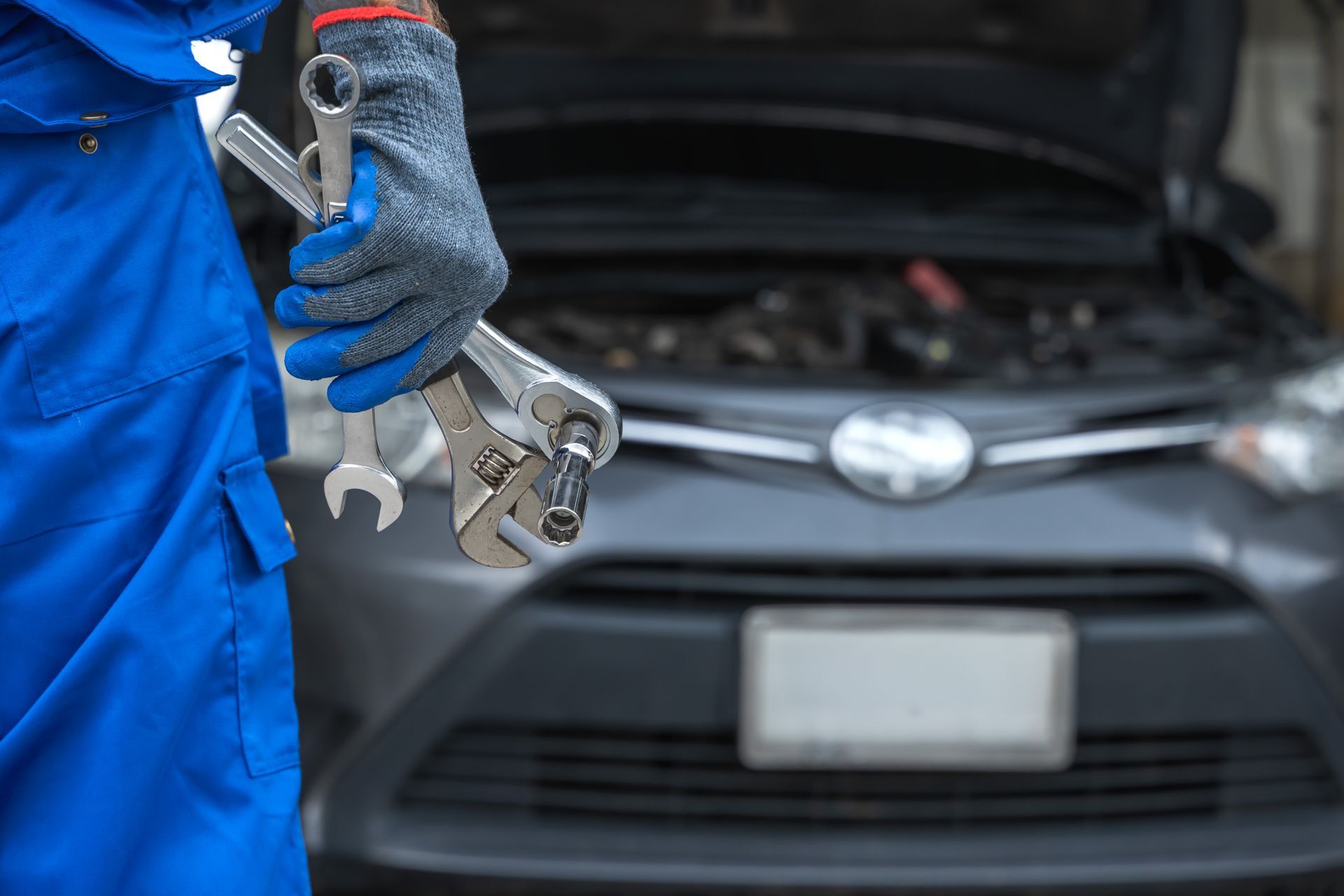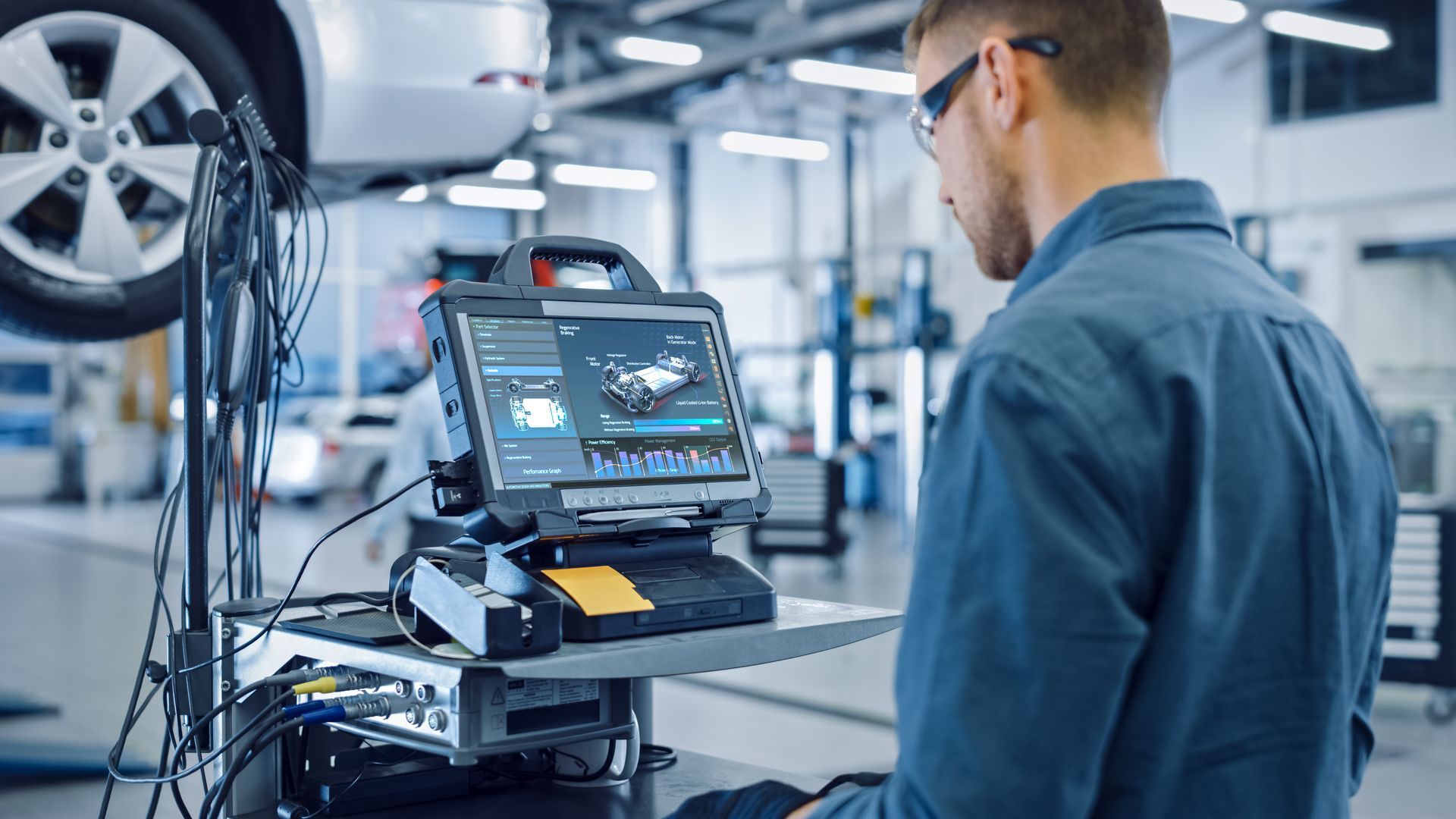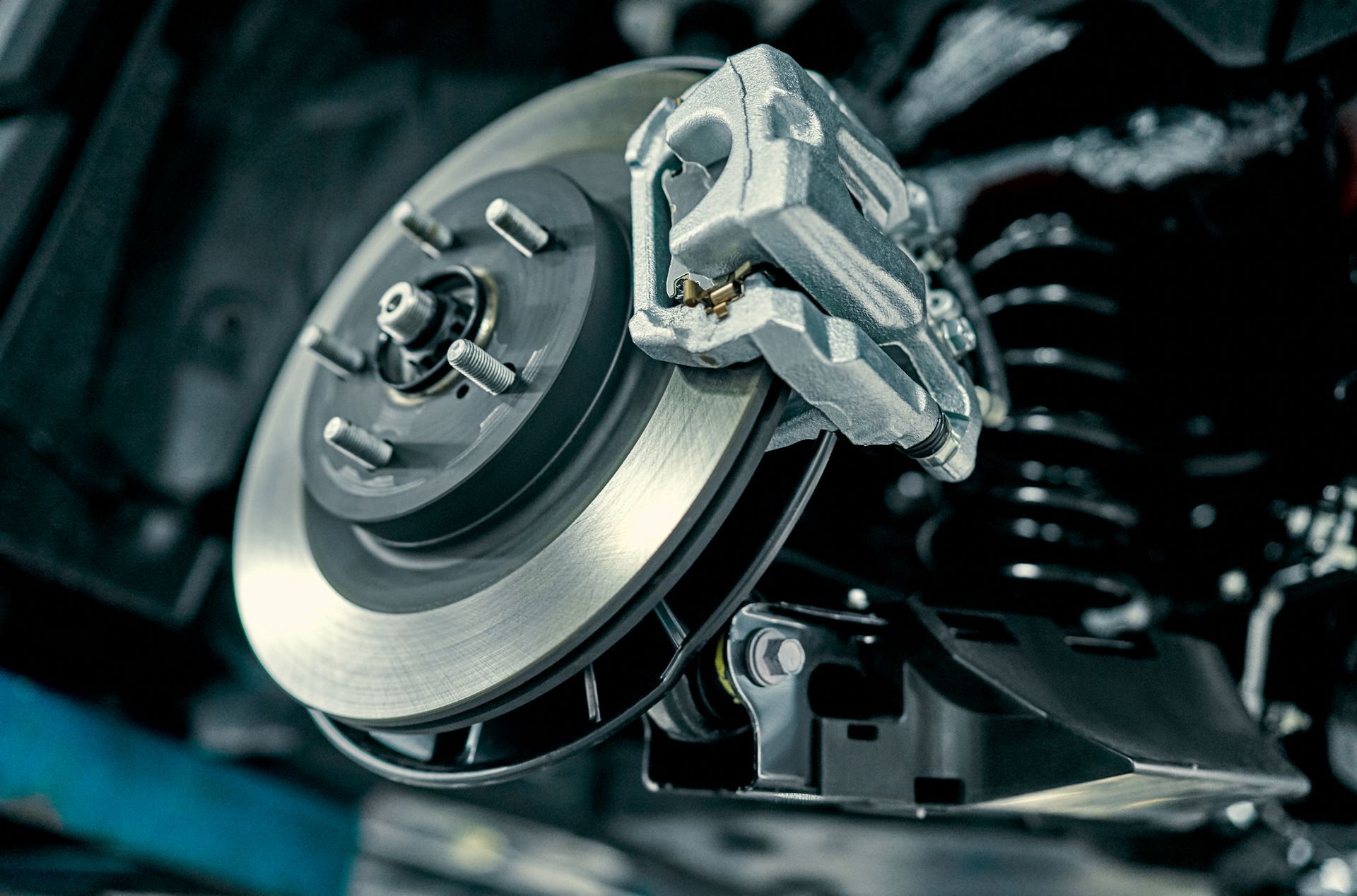Our Blog
Discover expert insights on car steering at Golden Gear Automotive in Sebastopol, CA. Get professional advice and tips for optimal vehicle control. Schedule an online appointment now!
Discover expert auto diagnostics at Golden Gear Automotive in Sebastopol, CA. Experience precision and care. Schedule an appointment today!
Discover expert automotive electrical repair services at Golden Gear Automotive in Sebastopol, CA. Trust us for reliable solutions. Schedule an online appointment now!
Discover expert brake care tips from Golden Gear Automotive in Sebastopol. Ensure your safety with our trusted insights. Visit us today for reliable service!
Discover how Golden Gear Automotive in Sebastopol, CA handles your smog check needs efficiently. Visit us today for expert auto care!
Optimize your vehicle's performance with expert suspension care tips from Golden Gear Automotive in Sebastopol, CA. Visit us today for top-notch service!
Discover expert steering maintenance tips at Golden Gear Automotive in Sebastopol, CA. Enhance vehicle performance with us. Schedule an online appointment now!






